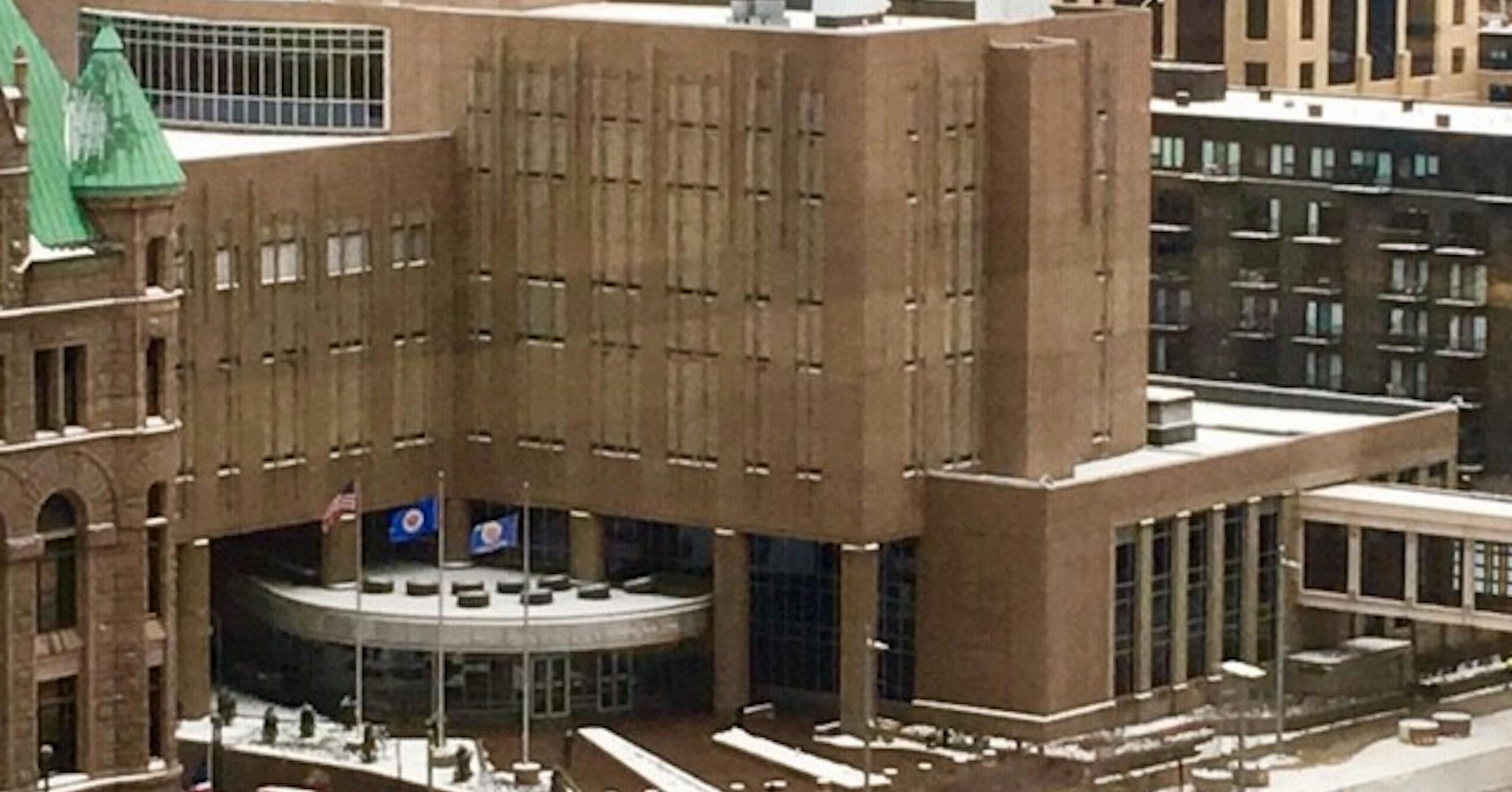CBS News
Will home prices rise with more Fed rate cuts? Here’s what experts think.

Getty Images/iStockphoto
During the pandemic, plunging mortgage rates and limited inventory sent home prices skyrocketing. Then, as the Federal Reserve’s inflation-fighting efforts led to an increase in the benchmark interest rate in the post-pandemic era, mortgage costs climbed without an accompanying drop in home prices. Purchasing a property started to feel impossible for many.
The good news is, the Federal Reserve recently cut the benchmark rate, giving homeowners renewed hope that mortgage rates would decline. Today’s mortgage rates are over a point below recent peaks, and while the rate forecast for October isn’t as favorable, some would-be buyers are coming off the sidelines anyway and finally getting ready to purchase a home.
There’s just one problem. While potential buyers may have been dreaming of a home price drop to accompany lower rates, there’s a chance the reverse will happen. We asked some experts for their input on where prices are likely to trend now that rates have begun to decline.
In the market to buy a new home? See what mortgage rate you could qualify for here.
Will home prices rise with more Fed rate cuts?
Unfortunately for borrowers hoping for more affordable housing this fall, the laws of supply and demand aren’t working in their favor.
“Builders really stopped building homes in mass in 2008,” says Aaron Gordon, branch manager and senior mortgage loan officer at Guild Mortgage. “We have tens of millions more people in the US today. That problem has been slowed by higher mortgage rates and lower demand but will rear its head again once demand increases.”
Lower rates could trigger that increase, especially as 38% of potential buyers have been waiting for rates to drop before making a purchase, according to a Realtor.com survey. When all those buyers start taking action and making offers on properties, increased competition could push prices higher as buyers fight for available homes.
“More homebuyers have already come to the market and off the sidelines in the last few months as rates have been steadily declining,” according to Sean Adu-Gyamf, a real estate broker at Coldwell Banker Warburg. That trend is likely to accelerate. “I expect home prices will begin to rise if interest rates continue to fall,” he says.
Of course, if more sellers start listing properties in response to an increase in potential buyers, the resulting supply bump could offset price surges that often accompany a sharp rise in demand. But there’s no guarantee this will occur in the coming months and some evidence suggests it won’t happen.
“There is a shortage of new developments and current owners have recently invested more money in their homes to stay in them longer, not sell them,” Tate Kelly of Coldwell Banker Warburg says. If sellers are slow to enter the market, would-be buyers are all but certain to be looking at price surges that make properties harder to afford even at a lower rate — at least for the time being.
“Prices have leveled out in most areas over the last year, but we believe that lower mortgage rates will enable buyers to get back into the game more quickly than sellers, and that at least in the short run prices will have another run-up,” warns Jon Bodan, President & Founder of The Perpetual Financial Group, Inc. and strategic financing advisor at HouseCashin. “With increased housing demand fueled by lower rates, and with already constrained supply, we see another imbalance coming, but for how long is anyone’s guess.”
See how low of a mortgage rate you could lock in online now.
Other considerations
While projections of future price increases are unwelcome news for those waiting to buy, the good news is prices aren’t likely to soar immediately as rates simply haven’t declined enough yet to stimulate a massive increase in buyers.
“In my opinion, in the short term, home prices will be fairly stagnant,” Gordon says. “However, once rates get below 6%, and stay there for some time, the demand for homes will increase and inventory will be absorbed once again, driving home prices up.”
Adu-Gyamfi agrees, reporting that “there are still folks waiting for the national average of a 30-year fixed to be below 6%. If and when that happens, we expect there to be not only a rise in home prices but more bidding wars as well.”
Realtor.com’s data supports this theory, as just 6% of Americans say they’d buy a home in the next six months if mortgage rates fall between 0.25 and 0.75 percentage points compared to 28% who are waiting for a two percentage point decrease. With average mortgage rates at 6.25% now, it could take some time before buyers are ready to act. When that 6.00% threshold is broken, however, conditions could shift.
“Before we see prices rise, we need to see a larger buyer pool re-entering the market,” according to Kate Wollman-Mahan, an agent at Coldwell Banker Warburg. “We are in a very patient market right now where buyers have no real sense of urgency unless a property is very attractively priced. Once buyers’ confidence returns – and rates are certainly an important part of that – we can expect to see prices rise.”
Of course, outside events should shake that confidence, with Kelly warning that “there are also other factors at play in our current market that aren’t real estate related that I think are still causing the market to remain a bit stagnant in terms of pricing and activity. Some of these factors include the conflict in the Middle East, the war in Ukraine, the upcoming elections, and, most recently, the weather disasters hitting the Southeast.”
Still, barring any major outside events, price increases are likely to result if rates do continue to drop and especially if they break the 6.00% barrier. Buyers who don’t want to get priced out may want to consider purchasing sooner rather than later at today’s current prices and then refinancing their home loans later if rates drop further.
Have more questions? Learn more about your current mortgage options here.
CBS News
Future of government spending deal unclear after Trump opposition

Watch CBS News
Be the first to know
Get browser notifications for breaking news, live events, and exclusive reporting.
CBS News
Stock market plummets after Fed forecasts fewer rate cuts in 2025

U.S. stocks plummeted in one of their worst days of the year after the Federal Reserve forecast Wednesday it may deliver fewer shots of adrenaline for the economy in 2025 than it had earlier projected.
The S&P 500 fell 178 points, or 3%, pulling it further from its all-time high set a couple weeks ago. The Dow Jones Industrial Average lost 1,123 points, or 2.6%, while the Nasdaq composite dropped 3.6%.
The Fed said Wednesday it’s cutting its benchmark interest rate for a third time this year, continuing the sharp turnaround begun in September when it started lowering rates from a two-decade high to support the job market. Wall Street loves lower interest rates, but the Dec. 18 cut had been widely expected by Wall Street.
Why is the stock market down today?
Investors were unsettled by the Fed’s forecast for fewer cuts in 2025, even though many economists had already been paring their expectations given sticky inflation.
“Markets have a really bad of habit of overreacting to Fed policy moves,” Jamie Cox, managing partner for Harris Financial Group, said in an analyst note. “The Fed didn’t do or say anything that deviated from what the market expected—this seems more like, I’m leaving for Christmas break, so I’ll sell and start up next year.”
The bigger question centers on how much more the Fed could cut next year. A lot is riding on it, particularly after expectations for a series of cuts in 2025 helped the U.S. stock market set an all-time high 57 times so far in 2024.
Fed officials released projections on Wednesday showing the median expectation among them is for two more cuts to the federal funds rate in 2025, or half a percentage point’s worth. That’s down from the four cuts they had expected just three months ago.
“We are in a new phase of the process,” Fed Chair Jerome Powell said. The central bank has already quickly eased its main interest rate by a full percentage point, to a range of 4.25% to 4.50%, since September.
What happened to the stock market today?
Asked why Fed officials are looking to slow their pace of cuts, Powell pointed to how the job market looks to be performing well overall and how recent inflation readings have picked up. He also cited uncertainties that will require policy makers to react to upcoming, to-be-determined changes in the economy.
While lower rates can goose the economy by making it cheaper to borrow and boosting prices for investments, they can also offer more fuel for inflation.
Powell said some Fed officials, but not all, are also already trying to incorporate uncertainties inherent in a new administration coming into the White House. Worries are rising on Wall Street that President-elect Donald Trump’s preference for tariffs and other policies could further juice inflation, along with economic growth.
“When the path is uncertain, you go a little slower,” Powell said. It’s “not unlike driving on a foggy night or walking into a dark room full of furniture. You just slow down.”
One official, Cleveland Fed President Beth Hammack, thought the central bank should not have even cut rates this time around. She was the lone vote against Wednesday’s rate cut.
Wall Street’s worst performers
The reduced expectations for 2025 rate cuts sent Treasury yields rising in the bond market, squeezing the stock market.
The yield on the 10-year Treasury rose to 4.51% from 4.40% late Tuesday, which is a notable move for the bond market. The two-year yield, which more closely tracks expectations for Fed action, climbed to 4.35% from 4.25%.
On Wall Street, stocks of companies that can feel the most pressure from higher interest rates fell to some of the worst losses.
Stocks of smaller companies did particularly poorly, for example. Many need to borrow to fuel their growth, meaning they can feel more pain when having to pay higher interest rates for loans. The Russell 2000 index of small-cap stocks tumbled 4.4%.
Elsewhere on Wall Street, General Mills dropped 3.1% despite reporting a stronger profit for the latest quarter than expected. The maker of Progresso soups and Cheerios said it will increase its investments in brands to help them grow, which pushed it to cut its forecast for profit this fiscal year.
Nvidia, the superstar stock responsible for a chunk of Wall Street’s rally to records in recent years, fell 1.1% to extend its weekslong funk. It has dropped more than 13% from its record set last month and fallen in nine of the last 10 days as its big momentum slows.
“As we wrote in our 2025 outlook a couple of weeks ago, stretched positioning and sentiment left stocks vulnerable to a sell-off,” Jeff Buchbinder, chief equity strategist for LPL Financial said in a note about today’s market sell-off. “The big jump in inflation expectations and related bond sell-off was a convenient excuse. Once support from tech evaporated, no other groups were able to step in to fill that gaping hole.”
CBS News
Trump comes out against Johnson bill that would avert shutdown

Watch CBS News
Be the first to know
Get browser notifications for breaking news, live events, and exclusive reporting.



